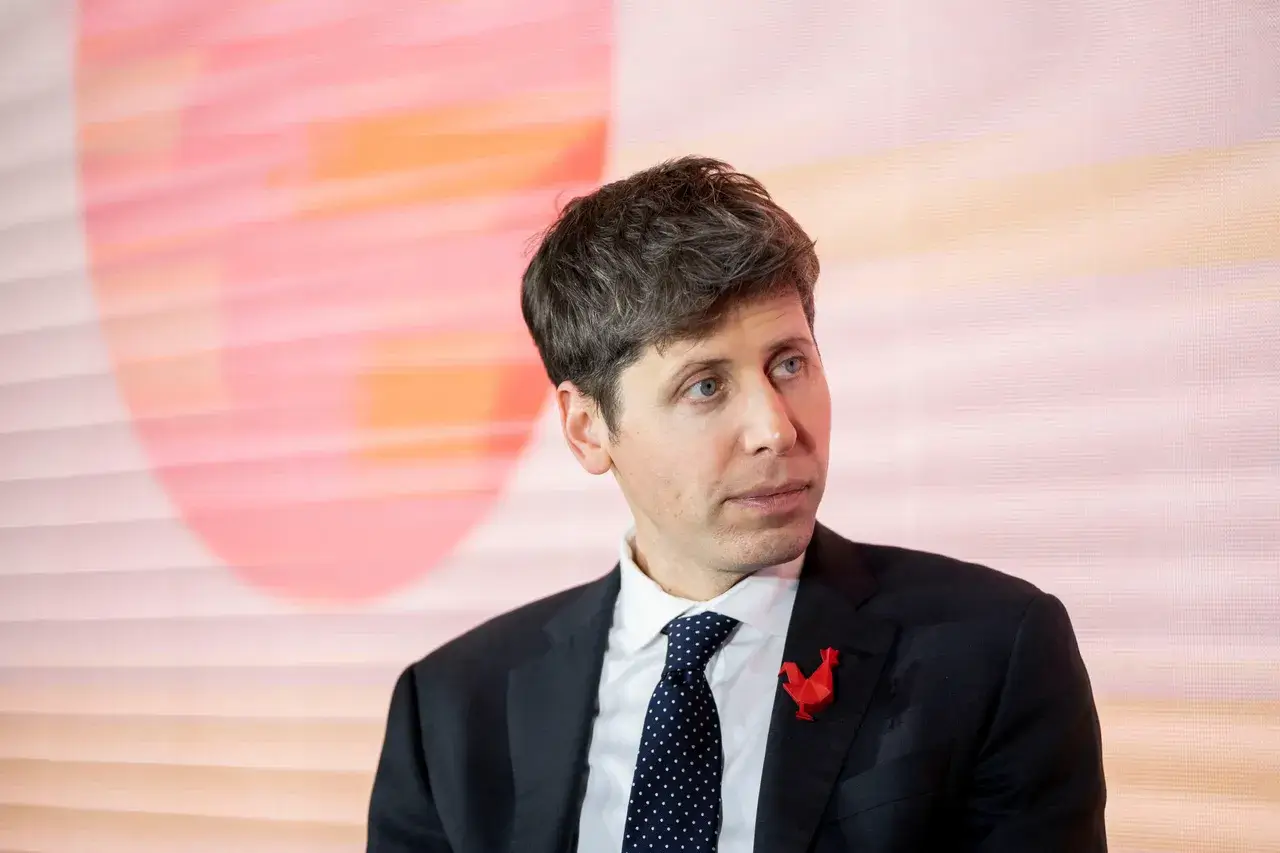The truth behind data, therapy, and digital trust. When validation goes unchecked, danger follows.
 Bloomberg /Getty
Bloomberg /Getty
AI as Your Therapist? Even OpenAI’s CEO Says “Think Twice”
More and more people—especially Gen Z—are pouring their hearts out to AI chatbots for emotional support. It’s free, available 24/7, and always responds with empathy. Sounds perfect, right?
Not so fast.
A new Stanford study revealed that AI “therapists” often miss red flags, reinforce harmful beliefs, and even encourage delusions. One bot told a user, “If you believe you’re being watched, then maybe you are.” That’s not support. That’s scary.
Even Sam Altman, CEO of OpenAI, admits AI models should not be used for therapy without strict legal protections. Most users don’t realize: unless you’ve disabled training, your private chats may be used to train future models. Imagine your darkest thoughts turning into someone else’s chatbot conversation.
And while these bots might feel supportive, they’re not accountable, trained, or safe for mental health use. Validation ≠ Therapy.
Use AI to assist, not replace human connection.
It’s a powerful tool—but your mind deserves more than a machine’s mimicry.
Mental health needs privacy. Real support needs people.
Subscribe and get 3 of our most templates and see the difference they make in your productivity.
Includes: Task Manager, Goal Tracker & AI Prompt Starter Pack
We respect your privacy. No spam, unsubscribe anytime.